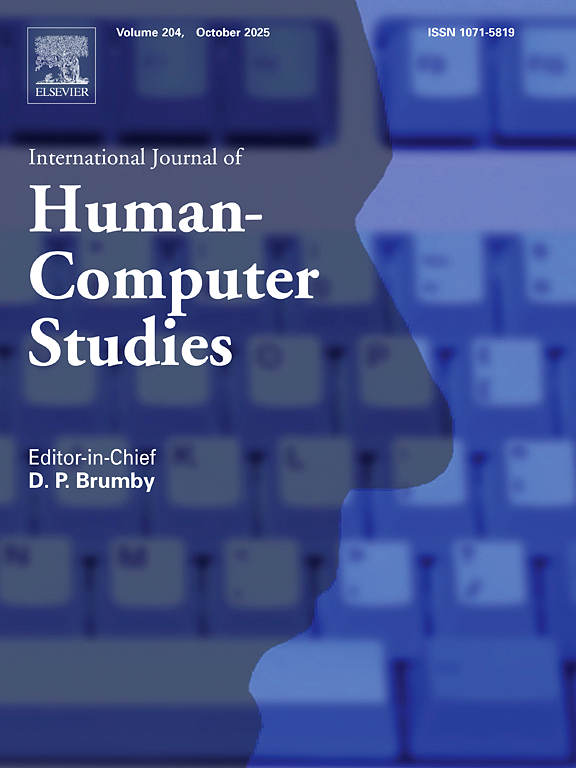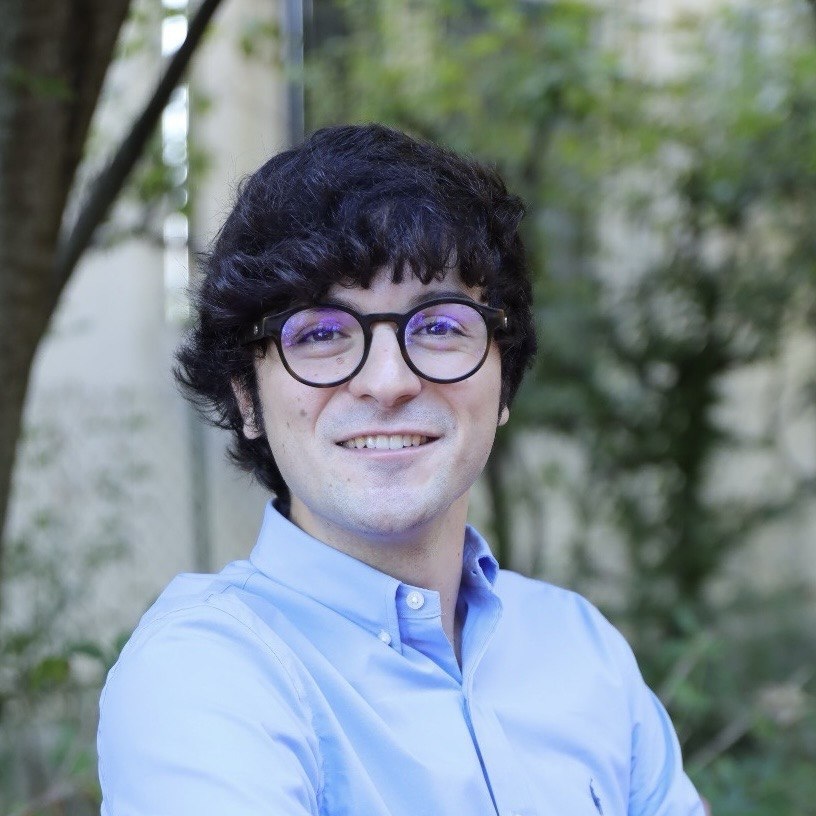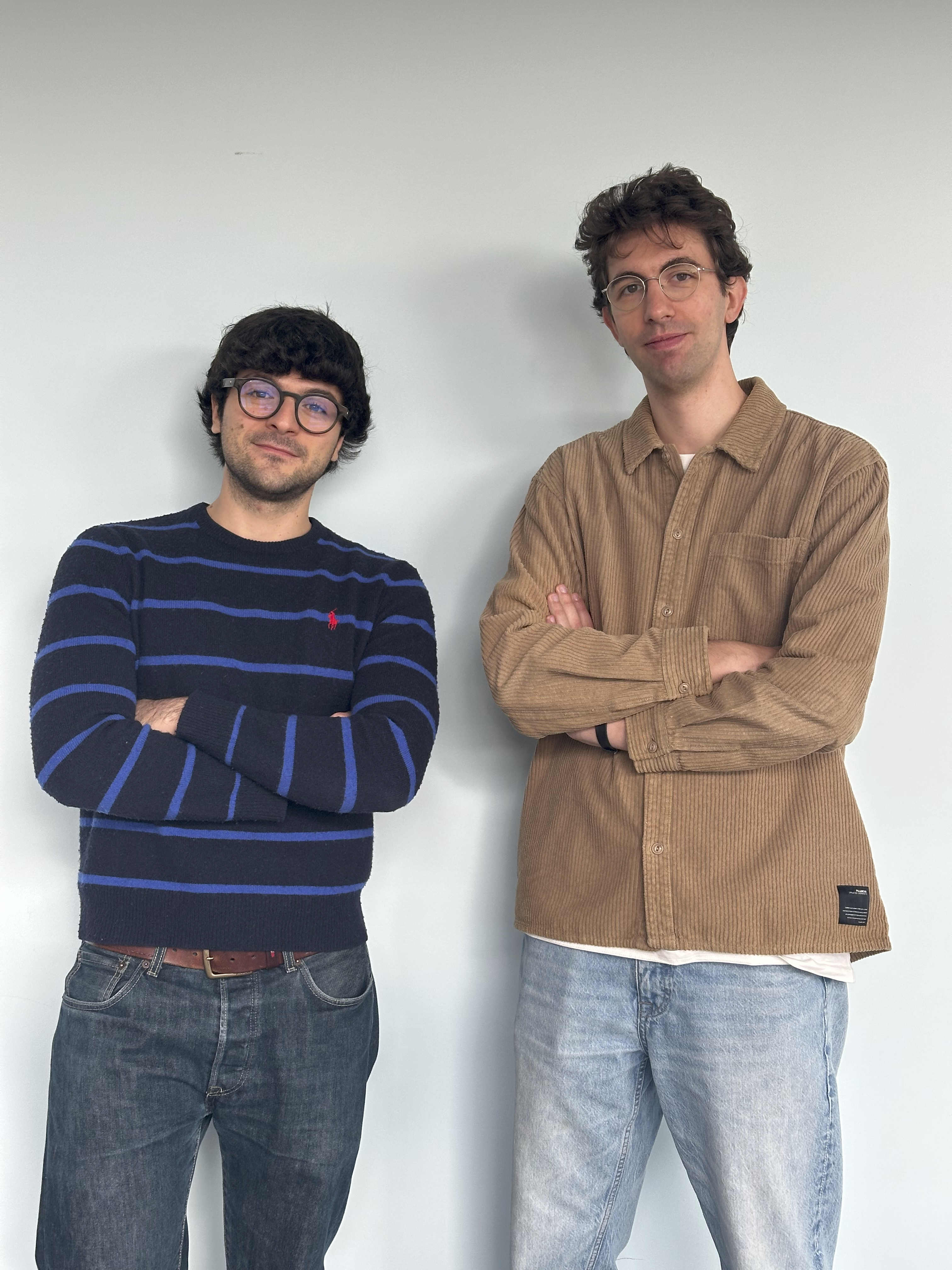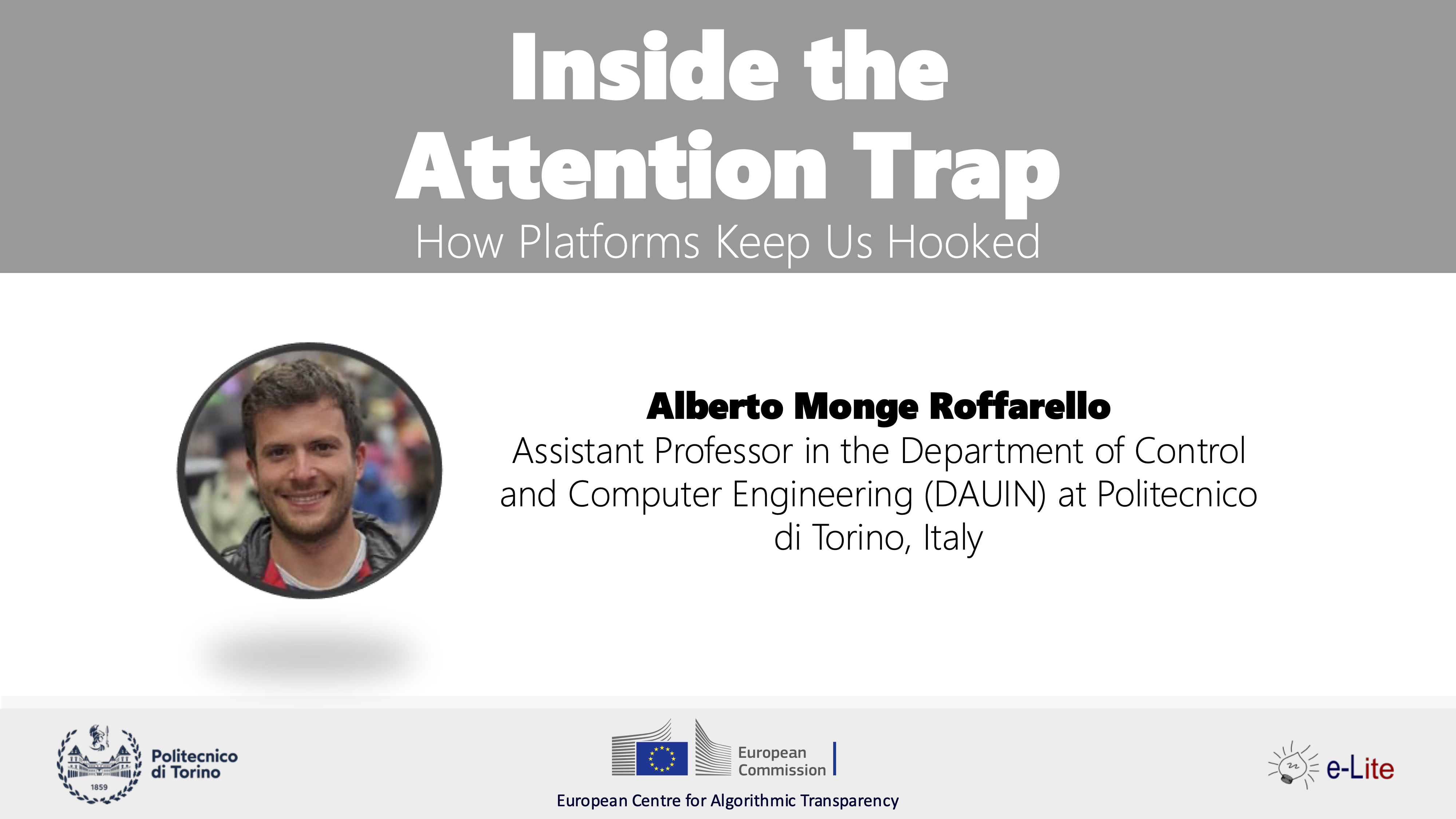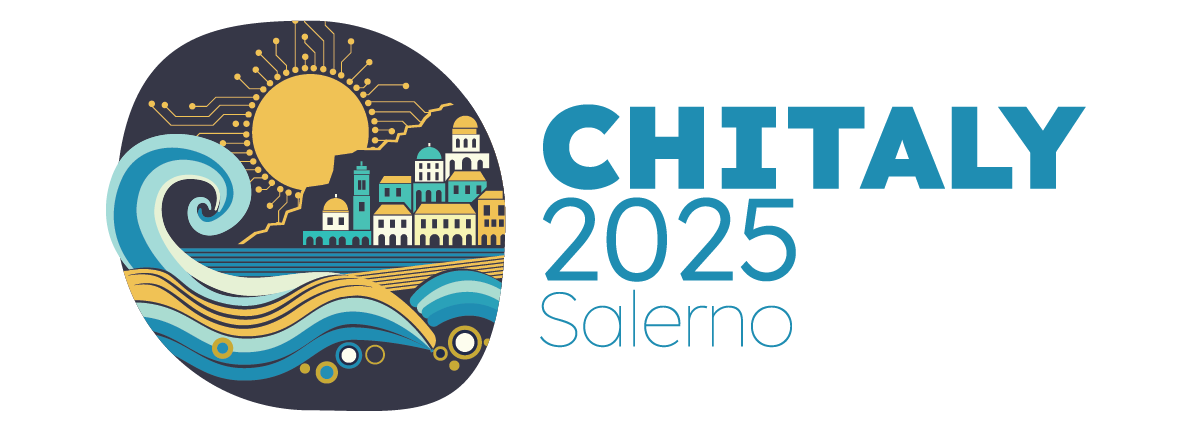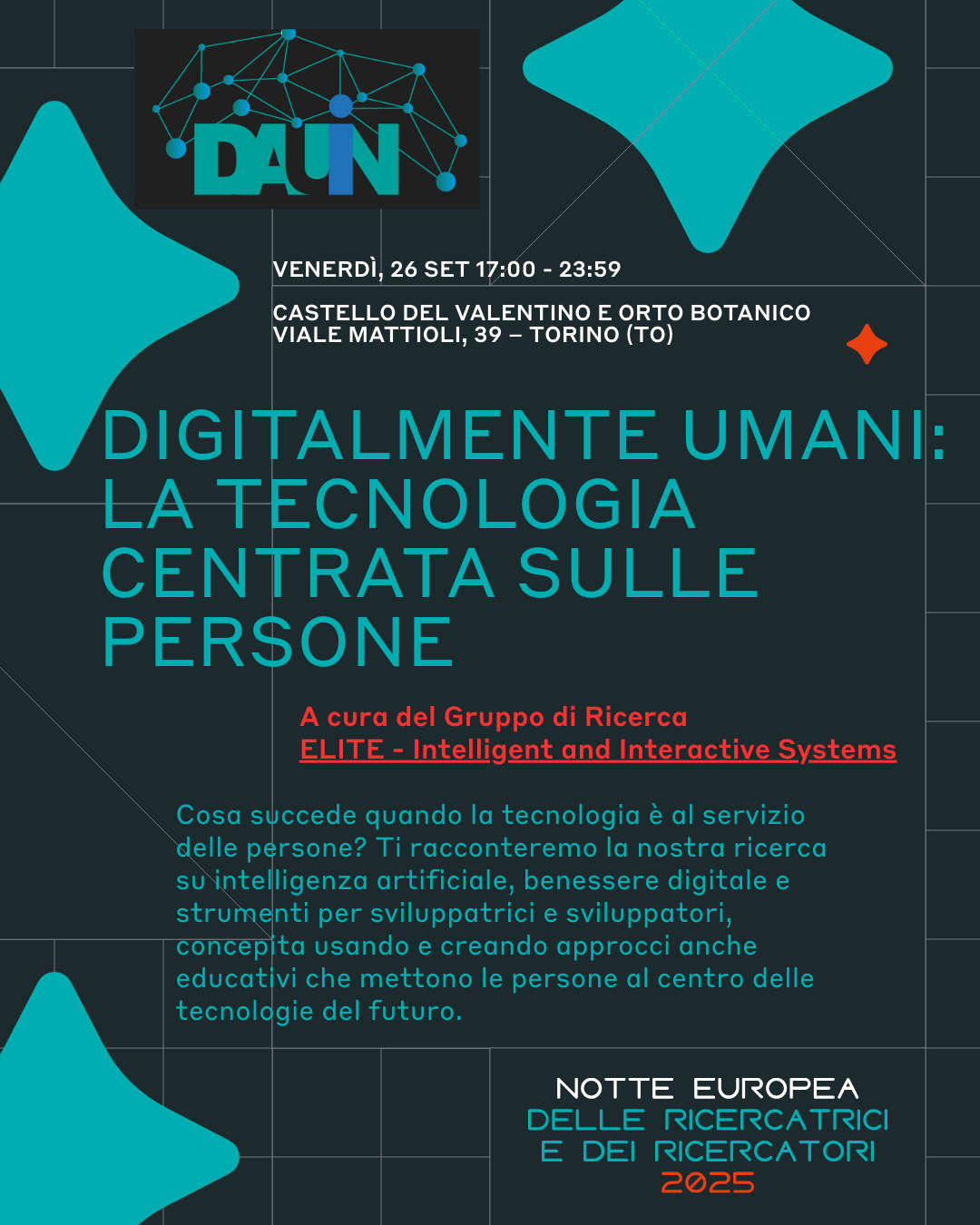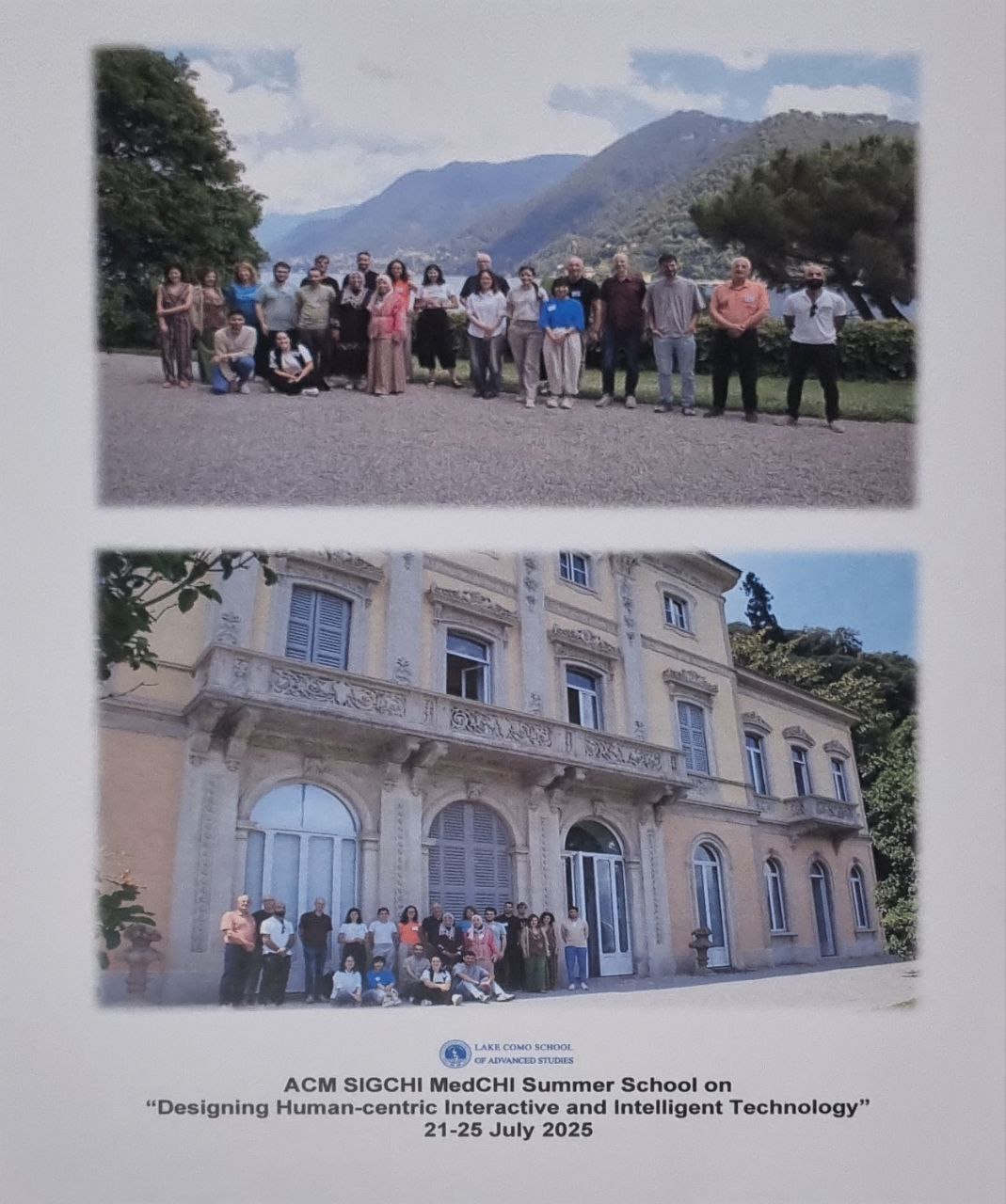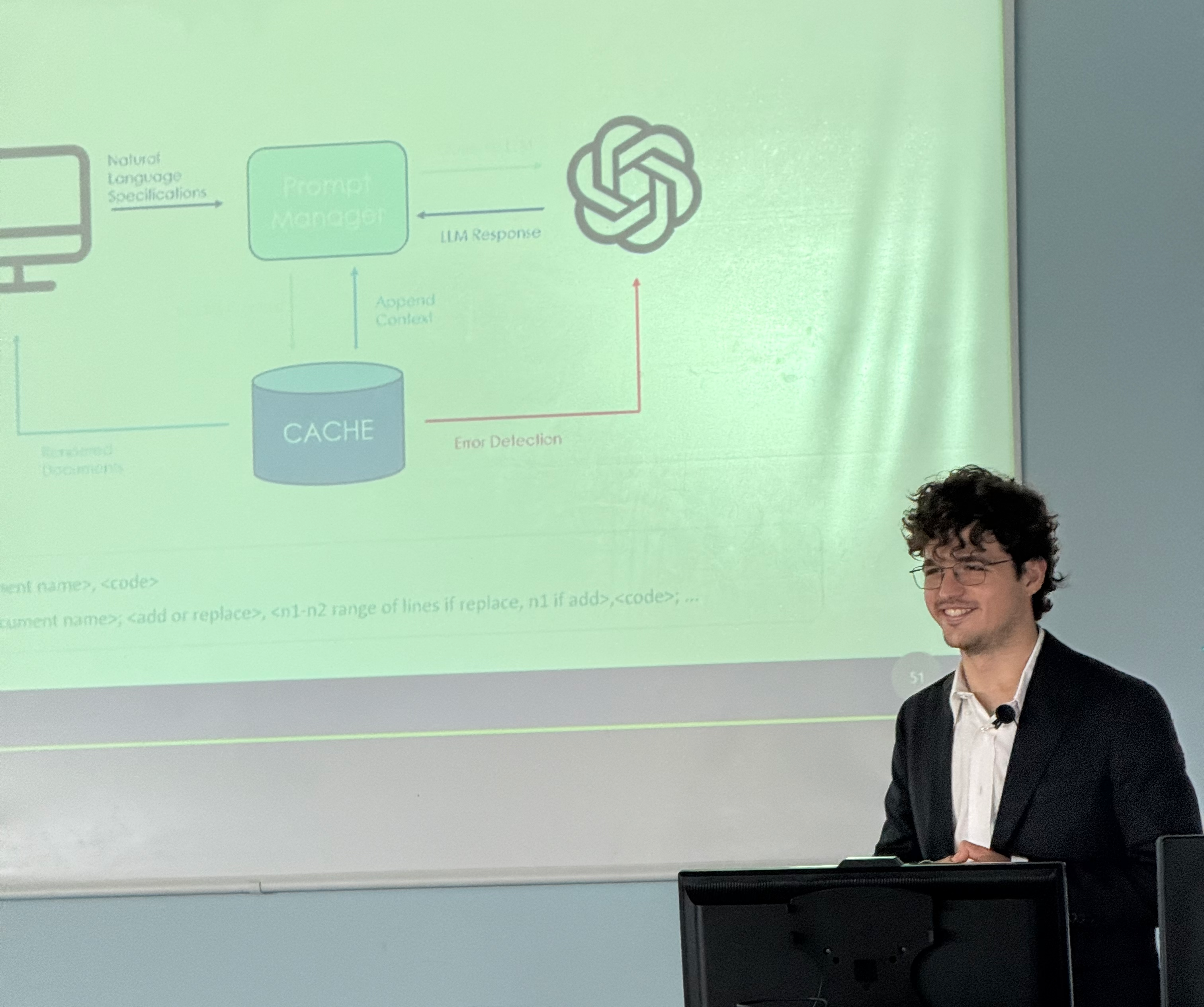New Publication: MorphGUI, real-time GUIs customization with large language models
We are pleased to announce the publication of our article, MorphGUI: Real-Time GUI Customization with Large Language Models in the Elsevier International Journal of Human-Computer Studies (IJHCS). Authored by Tommaso Calò, Andrea Sillano, and Luigi De Russis, the work introduces MorphGUI, a novel framework designed to change how users personalize graphical user interfaces. The framework was evaluated through a use-case implementation with a calendar application and a user study involving 18 participants.
